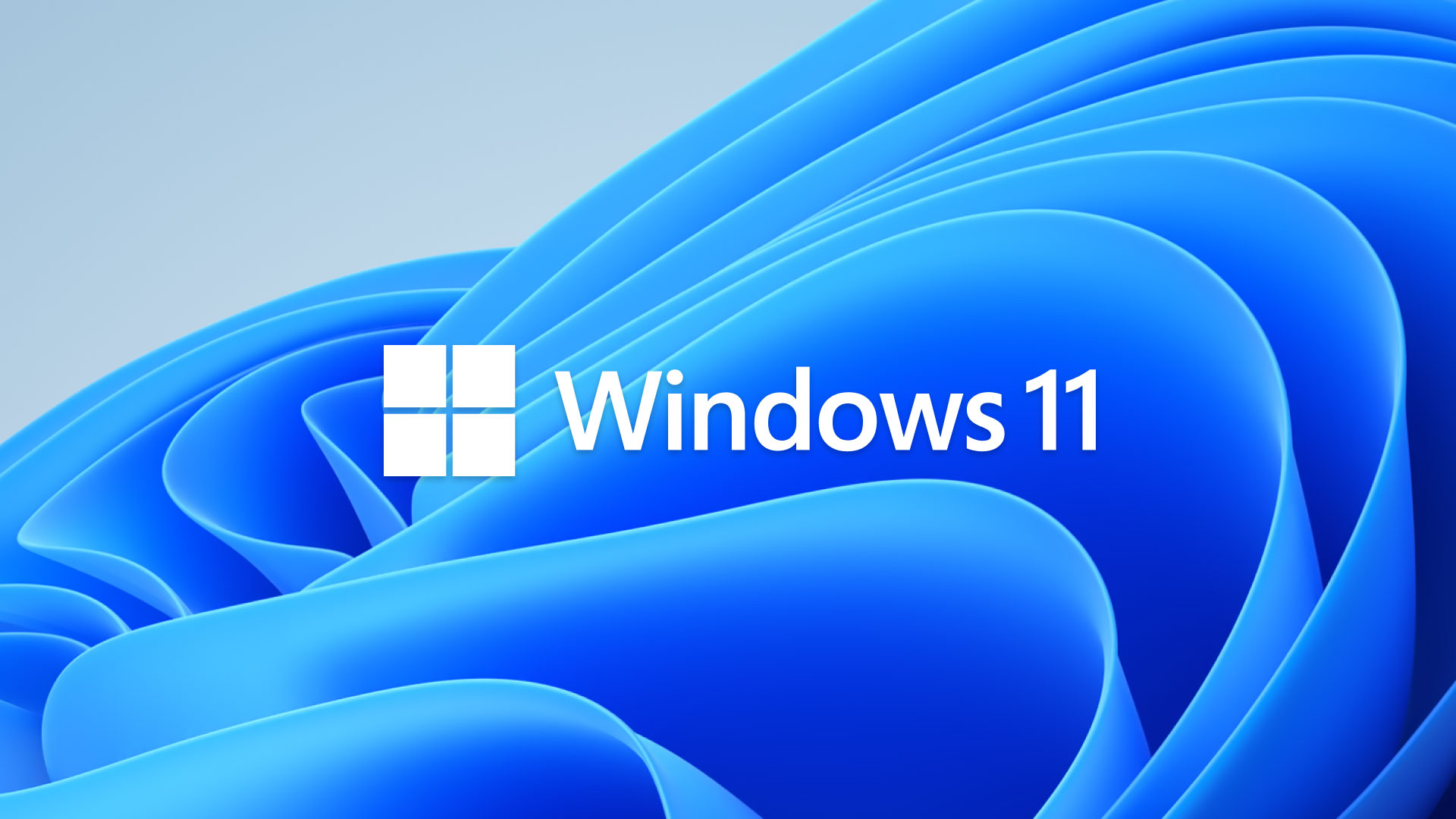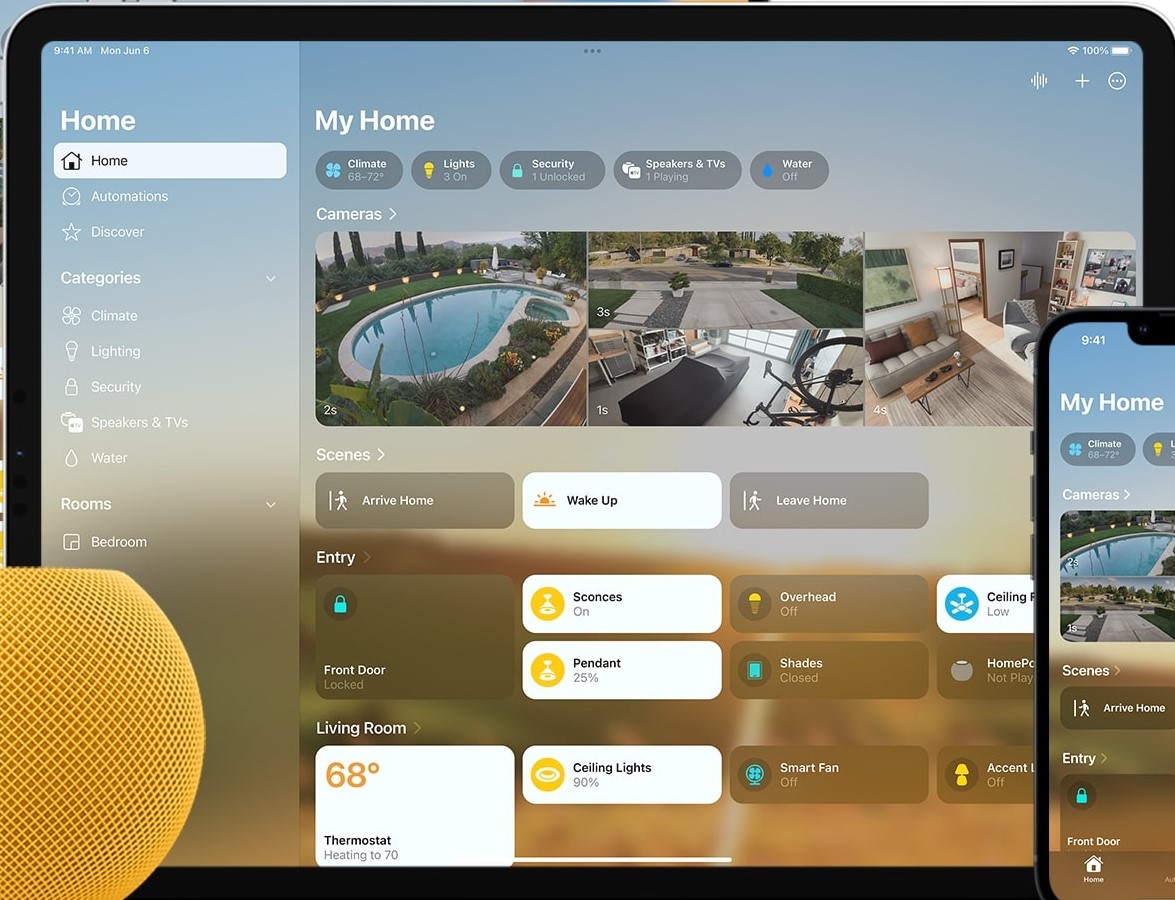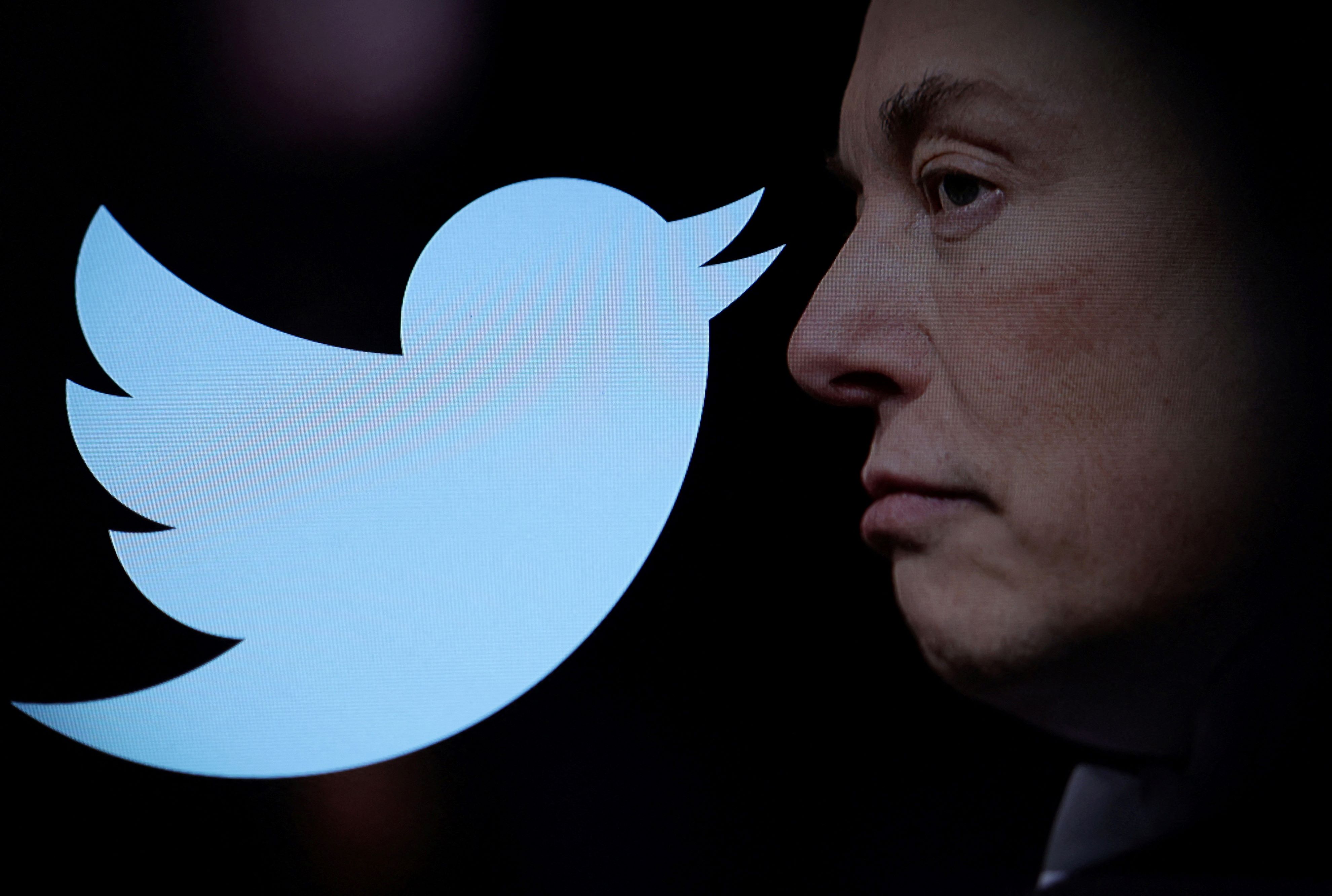American multinational technology corporation Microsoft has confirmed that it is now rolling out Android app support to Windows 11 users in 21 more countries.
According to GSM Arena, WSA, i.e. Windows Subsystem for Android, became available to download for all Windows 11 users, to enable Android app support. With this update, more users can take advantage of a limited selection of Android apps that can be downloaded from the Microsoft Store.
Microsoft states that the machine must have at least 8GB of RAM (16GB is recommended), an SSD (solid-state drive), Intel core i3 8th Gen or above, and the Virtual Machine Platform setting must be enabled as well.
Those who want to enable Android app support on their Windows machine, can head into the Microsoft Store, download ‘Amazon Appstore’ and install ‘Windows Subsystem for Android’ when prompted.
Once installed, open Amazon Appstore and log in with an Amazon account to browse the app. There currently aren’t many apps available from the Amazon Appstore, but there are ways to sideload apps.
As per GSM Arena, WSA for Windows 11 is now rolling out to users in Andorra, Austria, Belgium, France, Germany, Gibraltar, Guernsey, Ireland, Isle of Man, Italy, Japan, Jersey, Liechtenstein, Luxembourg, Monaco, San Marino, Spain, Switzerland, United Kingdom, United States, Vatican City/Holy See.
The Subsystem for Android that was built into Windows 11 is one of its more intriguing features. Depending on the hardware configuration of the computer, this enables Windows 11 users to run Android apps either natively or through X86 emulation.
WhatsApp reveals older app versions had a critical vulnerability
Instant messaging and calling service WhatsApp has published details of a ‘critical’ vulnerability that has been patched in a newer version of the app but might still affect older installed versions that have not been updated.
According to The Verge, the details regarding the vulnerability were revealed in a September update of WhatsApp’s page on security advisories affecting the app and came to light on September 23. The critical bug would allow an attacker to exploit a code error known as an integer overflow, letting them execute their own code on a victim’s smartphone after sending a specially crafted video call.
Remote code execution vulnerabilities are a key step in installing malware, spyware, or other malicious applications on a target system, as they give attackers a foot in the door that can be used to further compromise the machine using techniques like privilege escalation attacks, reported The Verge.
The recently disclosed vulnerability has been given a severity score of 9.8 out of 10 on the CVE scale. In the same security advisory update, WhatsApp also shared details of another vulnerability, CVE-2022-27492, that would let attackers execute code after sending a malicious video file. This vulnerability was scored 7.8 out of 10.
As per The Verge, both of these vulnerabilities are patched in recently updated versions of WhatsApp and should already be fixed in any installation of the app that is set to automatically update.


























